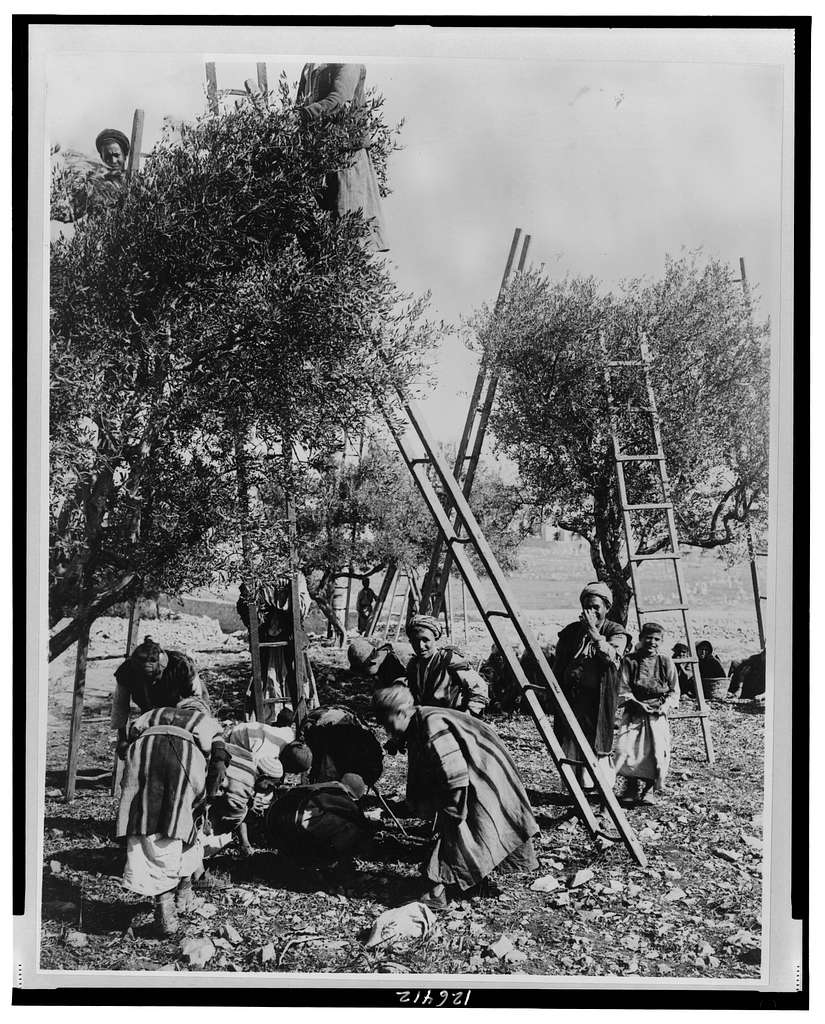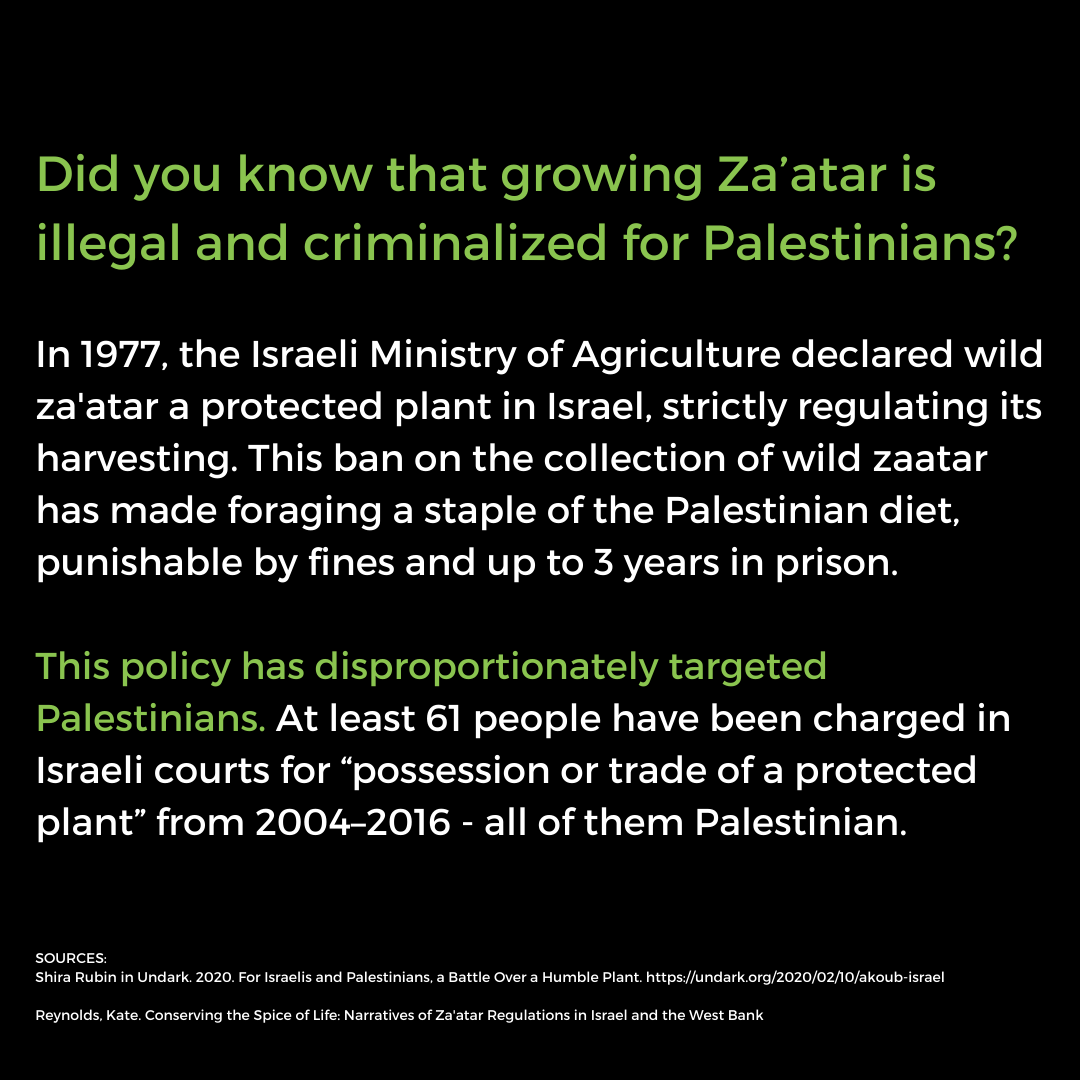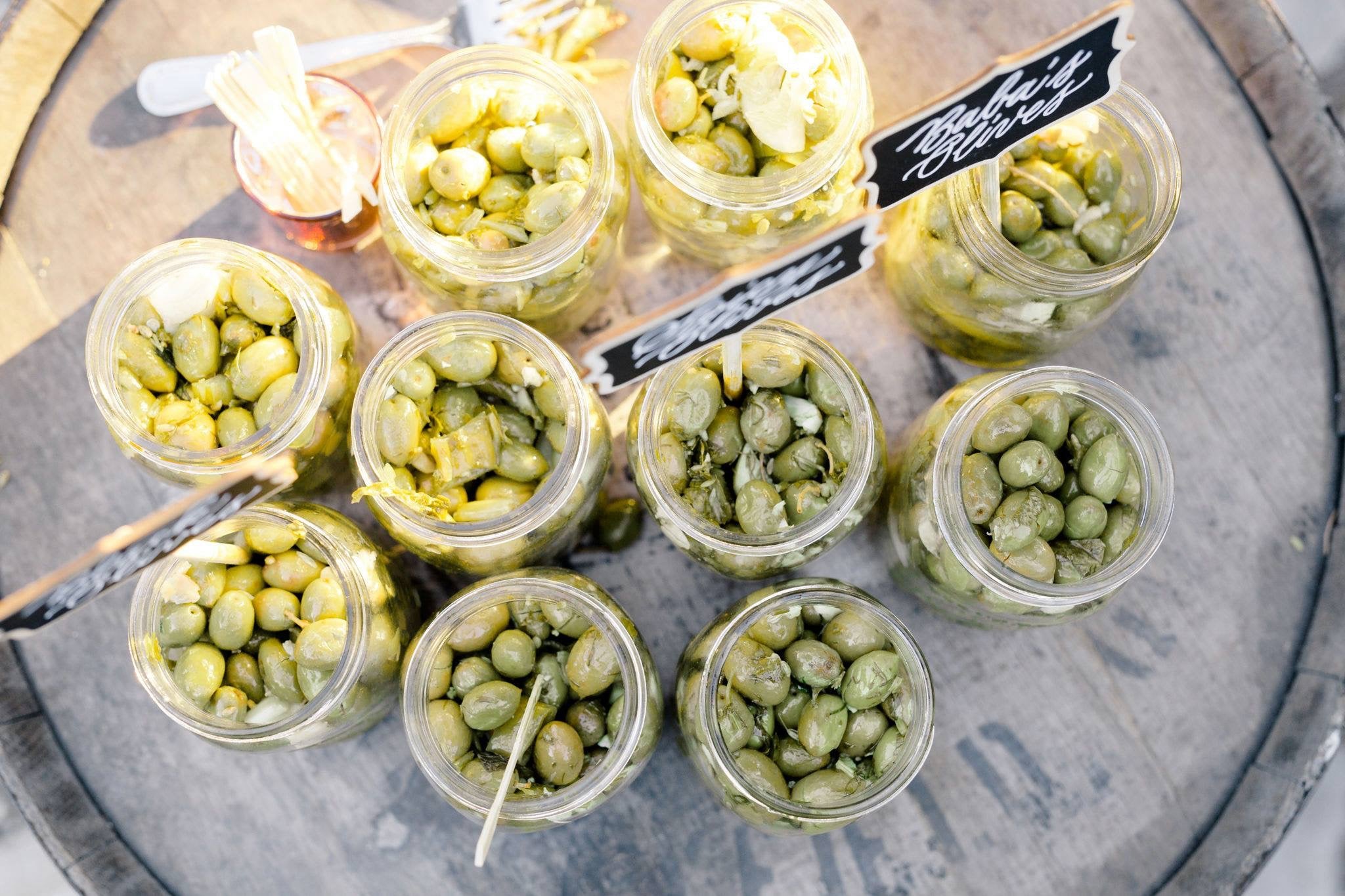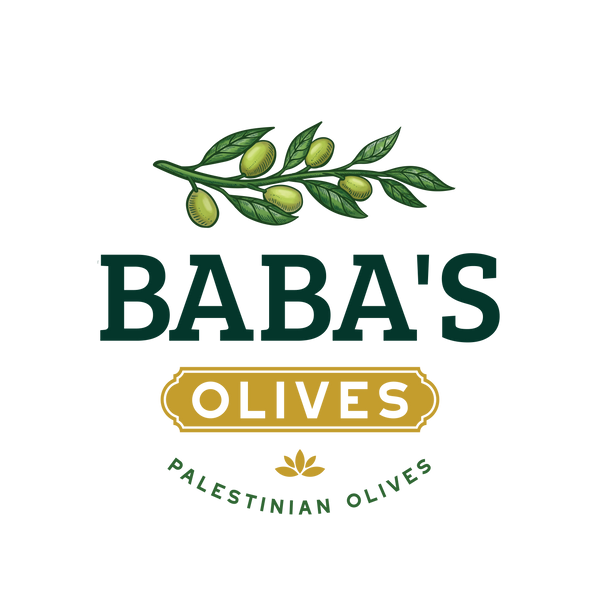
Our Story
Olives are fundamental to Palestinian identity, history, rootedness and culture.
Like many refugees all around the world, Palestinians hold dearly to their identity and culture through food - passing their traditions and cuisines from generation to generation.
Tala's grandparents were displaced from Palestine at the time of the Nakba (the catastrophe) in 1948 with over 800,000 other Palestinians. Like many other Palestinians, they settled in neighboring Jordan. Eventually, Tala's parents came to Astoria, New York and have been ever since.
Tala, the founder of Baba's Olives is a full time public health and social justice professional. Growing up in a Palestinian household instilled her awareness and deep commitment to equity and food justice.
A staple in her household, Tala grew up eating Palestinian olives with almost every meal. She realized that it was impossible to buy these flavorful olives that her Baba would marinate on his own. In an effort to bring Palestinian culture, identity and food to the world - Baba's Olives was formed.
The olives we use are sourced from Nablus, Palestine. We marinate and package each bottle in Queens, New York. We hope they make you feel a sense of belonging, wherever you are in the world.

Identity, History, Resistance
Palestine is the home of the olive, with trees dating back over 4,000 years. Olives are an expression of the Palestinian intimate relationship to the land and the olive branch is often regarded as a global symbol of peace.
In present day Palestine, the farming of olives is one of the main sources of livelihood for Palestinian people. In the West Bank and Gaza Strip, approximately 45% of agricultural land is made up of olive trees, and the olive oil industry makes up a quarter of the region’s gross agricultural income.
The practice of sumud (steadfast perseverance) against occupation includes the preserving and building social relationships and the act of keeping the community and environment alive and healthy.
Olive farming is considered one of the great acts of sumud in the fight for food sovereignty and the preservation of Palestinian existence and identity and culture under colonial occupation.
Image: Palestinians picking olives during the harvest in 1880. Frank and Frances Carpenter Collection (Library of Congress).

For Palestinians, Growing Za'atar is a Crime

